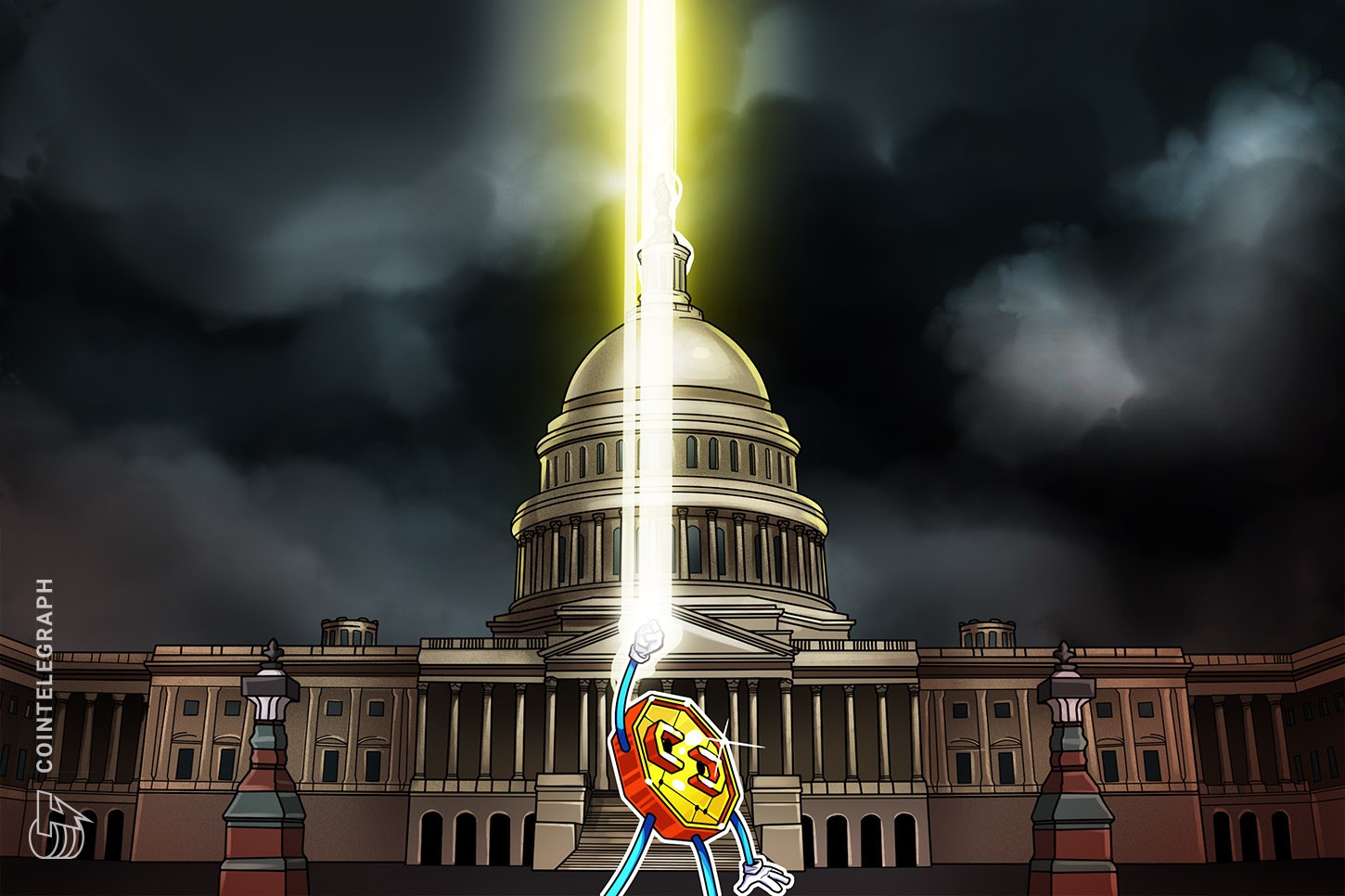A group of Democratic US senators has released its own version of guidelines to influence legislation to establish a crypto market structure, focusing on taking time toward a “strong, bipartisan outcome.”
In a Tuesday notice, 12 Democratic senators, several of whom are on the banking committee, unveiled a framework for market structure legislation in response to Republicans’ plans.
Like the Republicans’ latest draft released on Sept. 5, the Democrats’ framework includes provisions for regulatory clarity and laying out rules by which the US Securities and Exchange Commission (SEC) and Commodity Futures Trading Commission (CFTC) could handle digital assets.
“We owe it to the millions of Americans who participate in this market to create clear rules of the road that protect consumers and safeguard our markets,” the senators wrote. “We also must ensure that digital assets are not used to finance illicit activities or to line the pockets of politicians and their families.”
With Democrats in the minority in the Senate, it’s unclear whether Republicans will consider the framework recommendations as part of their plans to pass the bill out of the banking committee by October, out of the agriculture committee by November and into law by 2026.
Republican Senator Tim Scott, who chairs the banking committee, said in August that he expected “between 12 to 18” Democrats to back the majority’s version of the bill, titled the Responsible Financial Innovation Act.
Related: US Congress seeks report ironing out details of Bitcoin reserve
“Achieving a strong, bipartisan outcome will require time and cannot be rushed,” wrote the 12 Democrats. “We look forward to working on this with our Republican colleagues.”
Addressing the current dearth of leadership at the CFTC
The Democratic framework, which laid out “seven key pillars,” includes proposed protections to fight illicit finance and “closing the gap in the spot market” for digital assets not considered securities. However, the document also personally called out US President Donald Trump in recommendations to ensure “fair, effective regulation” over crypto markets.
“Designing and enforcing a digital asset framework will require significant additional resources for the SEC, CFTC, and the Treasury Department,” said the proposed framework. “In addition, President Trump has fired countless Democratic commissioners from independent regulatory agencies and shown little interest in nominating new officials.”
The leadership at the CFTC currently consists of one commissioner, acting chair Caroline Pham, following the departure of all of the agency’s other heads this year. The Senate is expected to consider the nomination of Brian Quintenz, Trump’s pick to replace Pham as chair.
Pham said she would leave the CFTC after the Senate confirms a replacement. As of Tuesday, Trump had not nominated anyone else to fill the remaining four seats at the commission.
Chances of the bill passing by 2026?
Following the passage of the GENIUS Act — a bill to regulate payment stablecoins — in July, the Senate is expected to address the market structure bill as one of its top priorities after breaking for a month-long recess.
The House’s version of the legislation, called the CLARITY Act, passed with significant bipartisan support, while an anti-CBDC (central bank digital currency) bill received only two yay votes from Democrats.
While many of the senators who signed onto the Tuesday framework voted to pass the GENIUS Act, it’s unclear whether that support will extend to market structure, particularly with the recommendations around “corruption and abuse.”
The document recommends that any bill include limits on elected officials and their families from “issuing, endorsing, or profiting from digital assets while in office” and strengthen disclosure requirements.
In addition to their concerns over leadership at independent regulatory agencies, the Senate Democrats claimed Trump had “turned to digital asset projects to enrich himself and his family.”
Trump’s ties to the industry through his family-backed crypto company World Liberty Financial, his personal memecoin and his family’s mining venture could complicate efforts to build bipartisan support for crypto legislation, particularly among Democrats such as Senator Elizabeth Warren, who has often criticized the president’s crypto ventures.
Magazine: Can Robinhood or Kraken’s tokenized stocks ever be truly decentralized?


